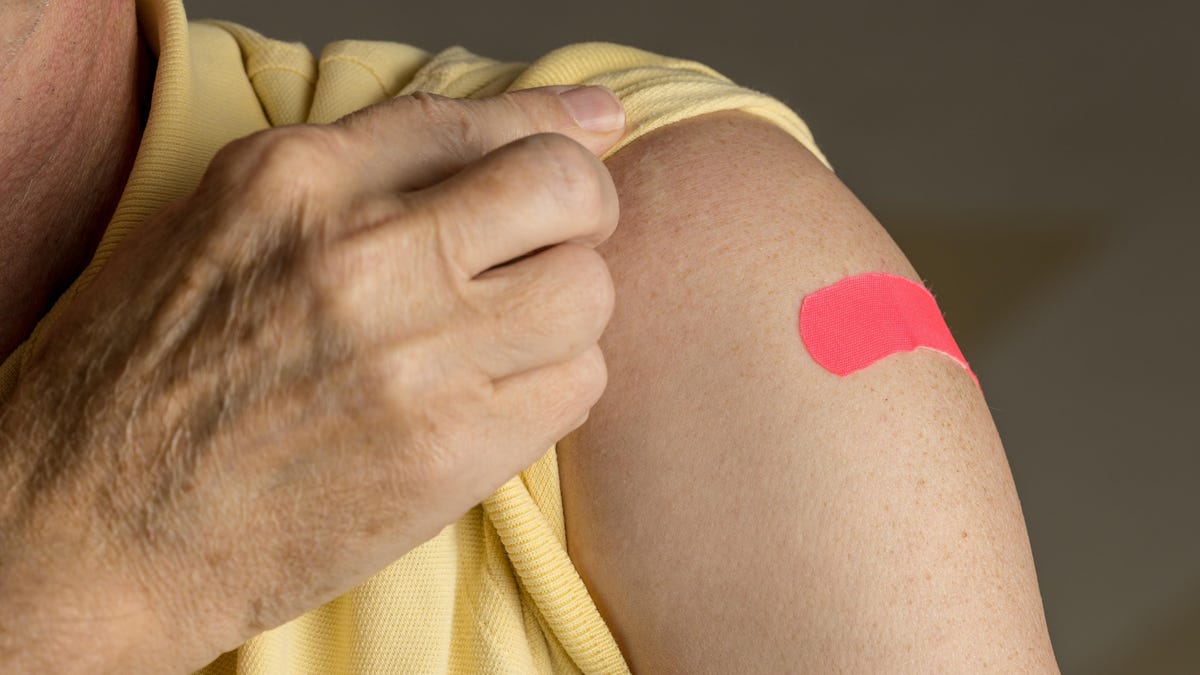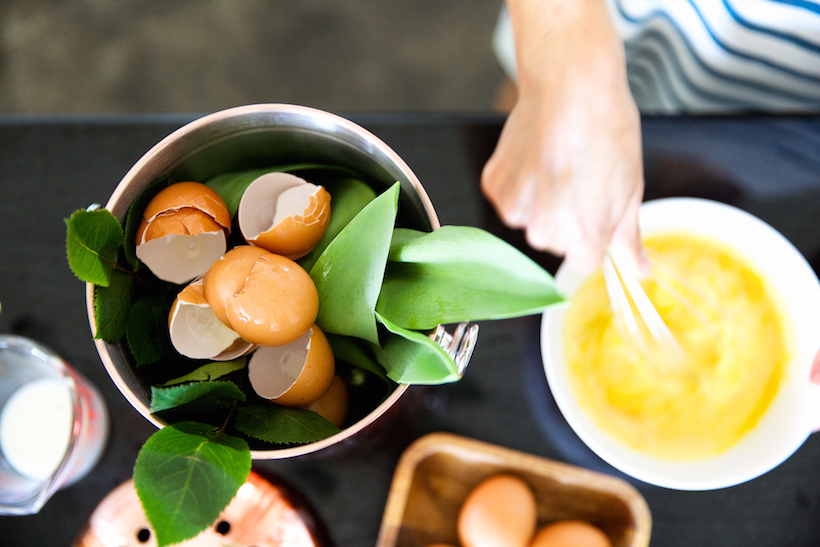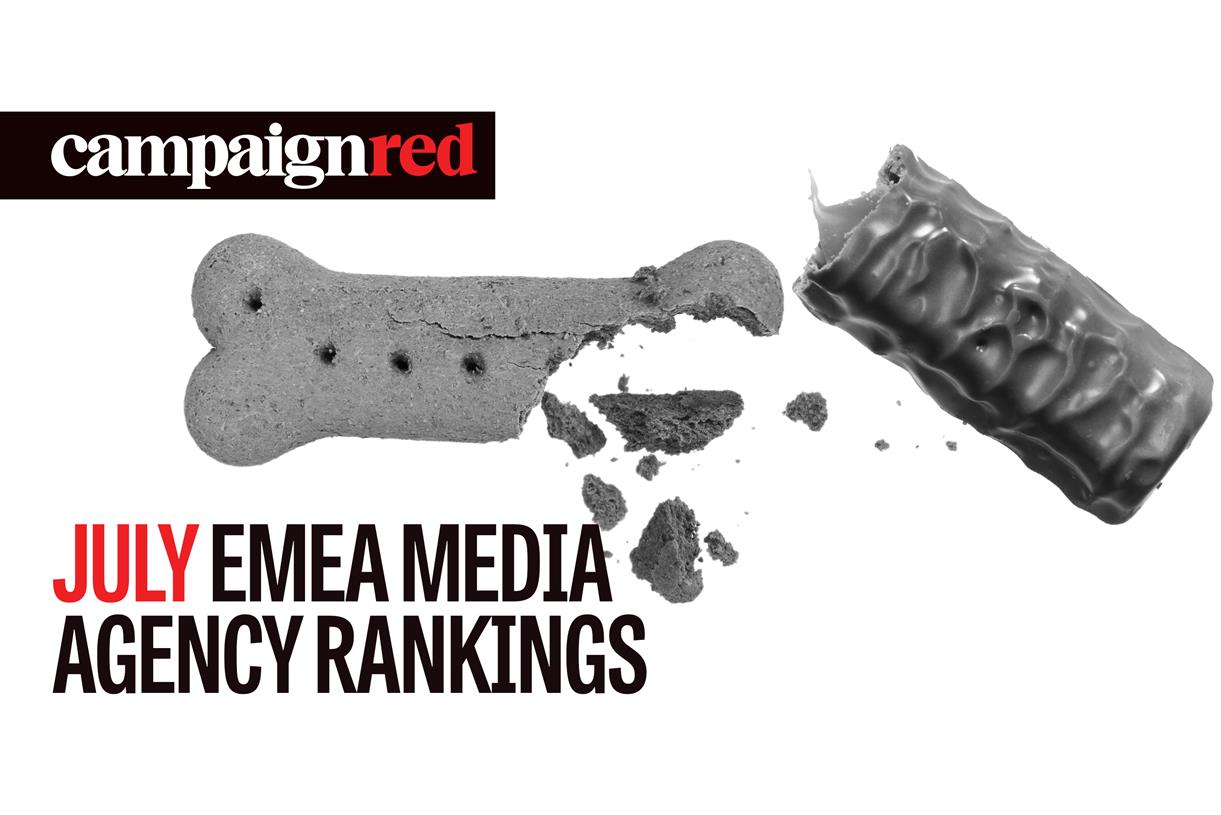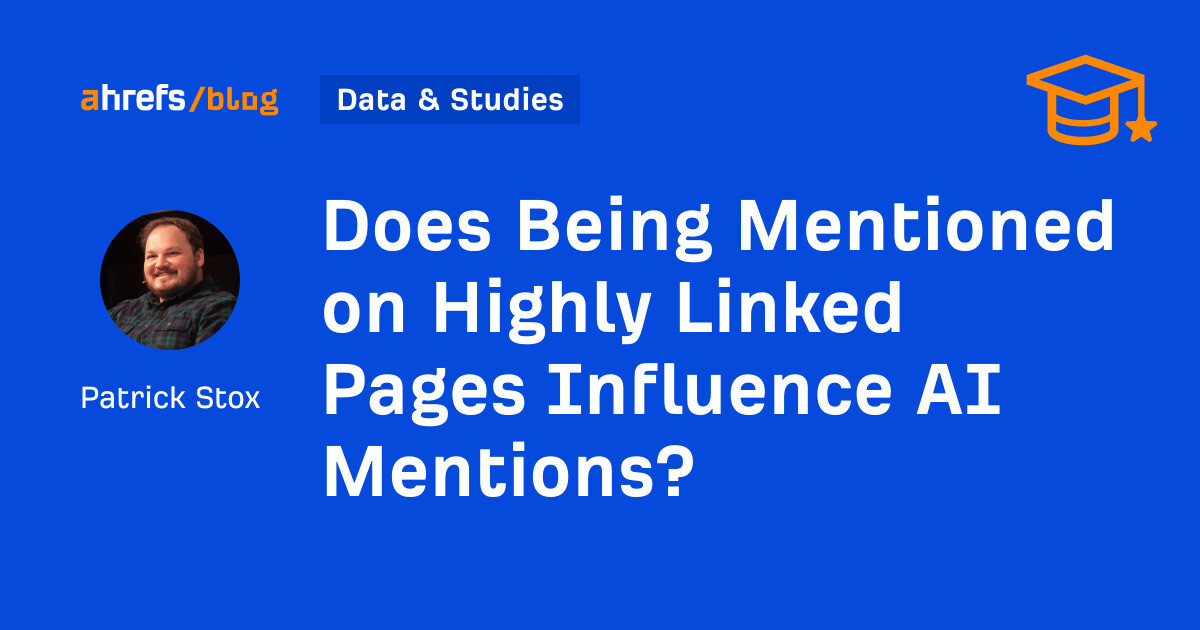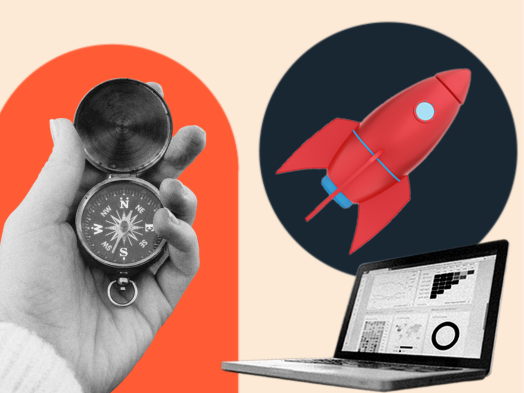How to Embrace a Sober Curious Mindset, According to a Nutritionist
Your guide to finding balance. The post How to Embrace a Sober Curious Mindset, According to a Nutritionist appeared first on Camille Styles.

I wouldn’t call myself a big drinker. At best I’d say social drinker suits, but honestly, I’m not even sure if that term is definable these days. The pandemic had many of us situated safely at home and imbibing outside the box. Booze delivery services were abundant, the lack of structure made life seem more tolerant of certain behaviors, and any hour could become happy hour with the post-Zoom pop of a cork. Now, in 2024, the last few years have made me reflect more on my own relationship with alcohol. So, I started to look into the sober curious movement and explore ways to cut back on my alcohol consumption.
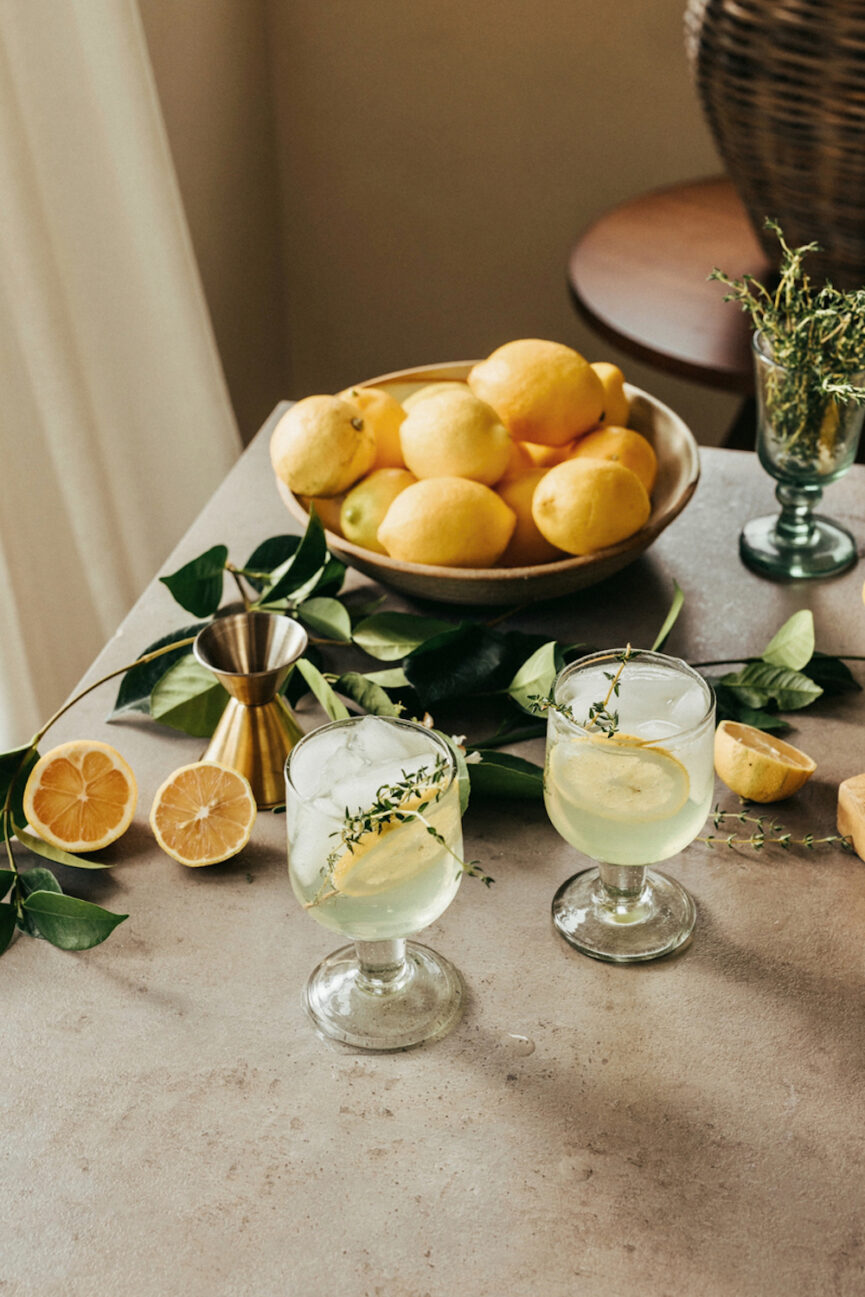
A Beginner’s Guide to the Sober Curious Movement
I’ve found myself looking to the beginning of this year with goals that exceed my usual detox standards. I started to examine all of the “Dry January” goals, memes, gifs, and hashtags on a more personal level. Were these social media initiatives or more of an invitation for me to look inward?
All of this made me sober curious-ish. Now, could this be a reaction to a month of merry ‘tinis and holiday’ing enough in December to be milk-punch-drunk ‘til July? Sure. But even just the fact that the thoughts had started to migrate into my mind made me consider cleaning up my act.
To make good on my “libation down, level up” resolution, I sat down with health coach and founder of the Healthy + Happy Method, Lauren Sandoval FNTP, to talk about how much alcohol we really should be drinking and why balance is one of the key factors in success with being sober curious.

What is the recommended alcohol intake per week?
For men, 14 drinks per week, and for women, seven drinks per week. Ideally, not more than two drinks per day. Be sure to compare your pours to a standard pour to make sure you’re getting accurate numbers.
Health Benefits of Reducing Alcohol Intake
Too much alcohol quickly leads to a whole host of problems. Alcohol can affect everything from your weight and hormones to your mood and gut health. Overconsumption can cause blood sugar imbalances, hormone disruptions, cortisol and stress hormone spikes, liver diseases, as well as negatively impacting the gut-brain connection.
Cutting out alcohol can lead to:
weight loss improved liver function reduced anxiety and depression more stable energy better digestion easy periods and fertility improved immunity better food and lifestyle choices.Even cutting back just a little can reduce some of the stress this causes to the body, helping it to heal on its own. Most of my clients feel better within a week [of not consuming any alcohol]. It’s pretty wild how quickly you can feel a difference. The trouble usually lies in keeping up with consistency. But even simply changing some habits with alcohol can offer immediate results.
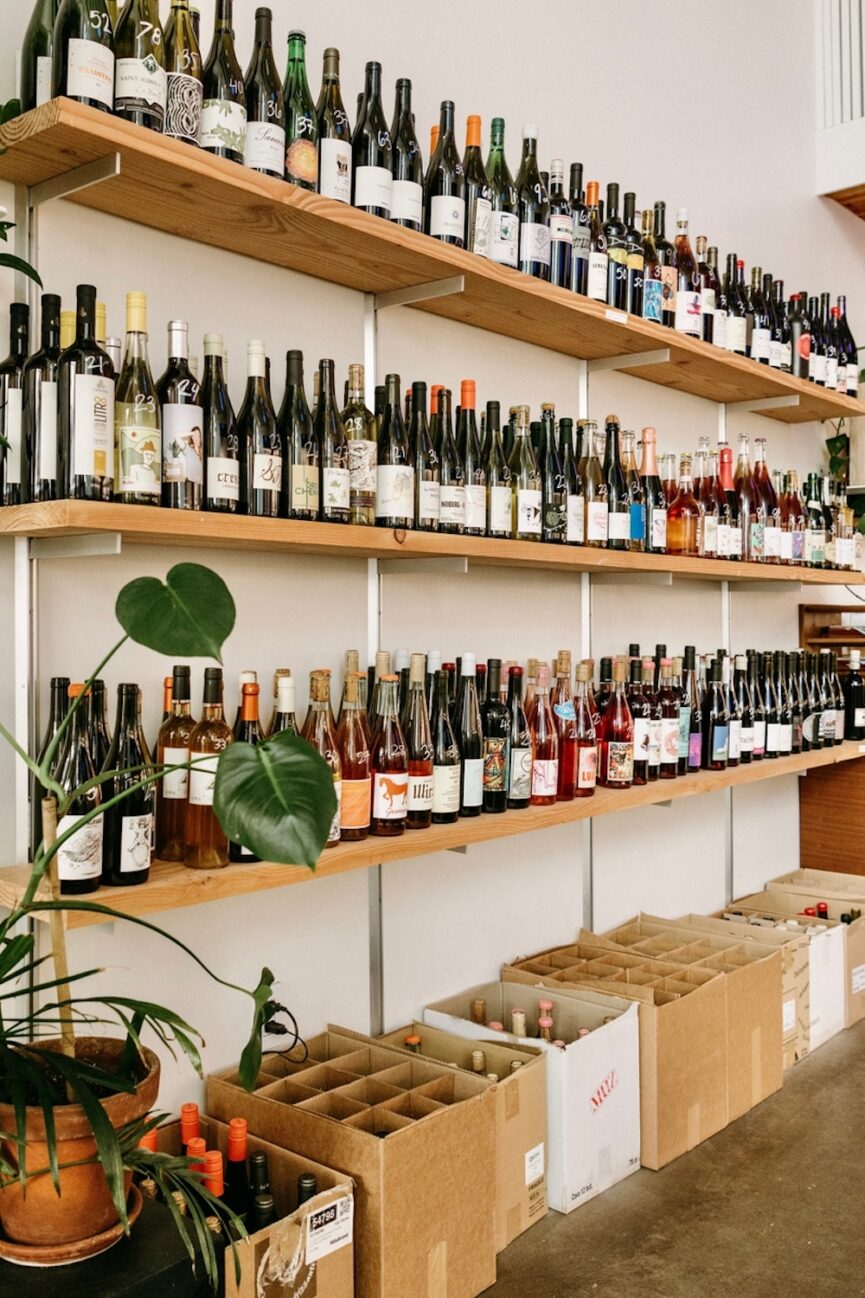
How to Build a Healthier Relationship With Alcohol
The first step is awareness. Pay attention to your thoughts and conversations around alcohol. Consider when you feel your best versus when you feel your worst. Create loving boundaries around how much you can safely consume without interfering with your health and life goals. With my clients, we also do food journals. That record allows them to clearly see a correlation between their consumption and feeling worse.
What does it mean to be sober curious?
To me, it means exploring your relationship with alcohol instead of an all-or-nothing approach. Being sober curious means that you have the opportunity to find the balance that works for you—there are no hard and fast rules to it.
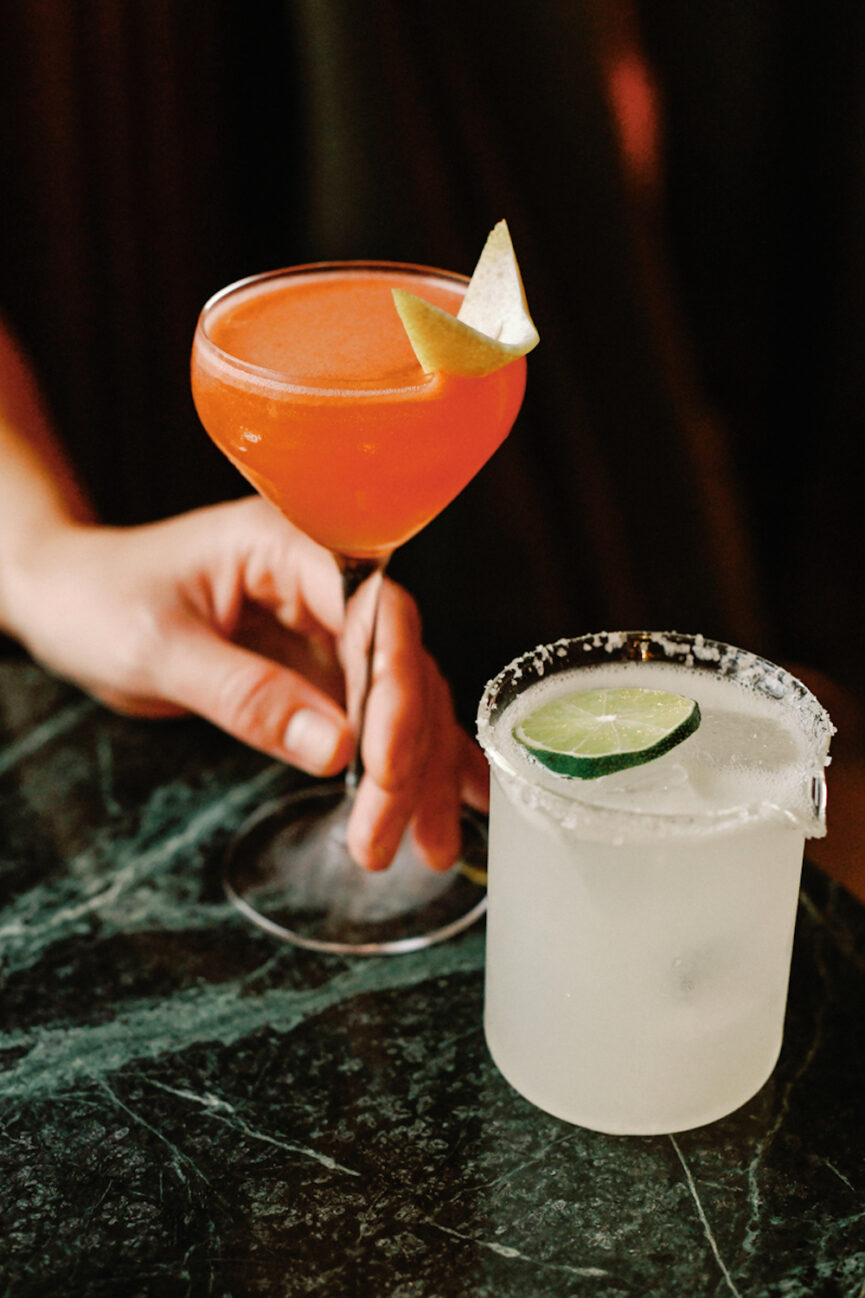
Tips for Reducing Your Alcohol Intake
There are usually two ways people like to approach change—dive right in or take baby steps. I’d recommend figuring out which kind of person you are and what suits your personality and lifestyle best.
For those who dive in head-first, doing a Dry January can help you realize how good you feel without alcohol and give you some strict guidelines on how to go about it. While perhaps the baby steps folks need to just drink more water between drinks and stick to no more than two per night. I’d also recommend connecting with a like-minded community. Look for sobriety influencers on Instagram or find a group to join—and take it slow. You don’t have to do it perfectly to see benefits, just be consistent. And don’t self-sabotage when you don’t follow it exactly.
I’d start by just being aware of how your brain operates around alcohol. Most people are pretty disconnected from their bodies, so paying attention to how you think and feel before and after consumption can be pretty eye-opening. Commit to one glass of water for every alcoholic beverage. Take small sips and try to drink slowly. You can also find great alcohol-free alternatives.
How to Stay Consistent
Have a plan on how to refuse when people ask. You could say “I already have one,” “I have to drive,” or simply, “No, thank you.” I’d also recommend having a glass in your hand so it doesn’t draw attention—sparkling water with lime does it for me. Ultimately, it’s up to you how much you care to share. Alcohol is a huge part of our culture so it’s natural to assume there will be comments. Feeling prepared to answer can make things feel less awkward. If you get social anxiety, try a guided meditation or breathing technique to help calm your nerves before going to your event.

Thoughts on having a ‘mindful drink’ every now and again?
I think you can get to this point, as long as you stay aware that it can be a slippery slope. I don’t believe it has to be all or nothing, but you need to be self-aware enough to know your limits and goals. When you realize the benefits of drinking less, it makes it easier to challenge your habits. Equipped with this knowledge, you can make smarter choices about how and when to participate.
More Sober Curious Resources
Our favorite non-alcoholic beverages.
Tips for a transformative Dry January.
How reducing alcohol intake can support gut health.
Olivia Noceda makes our favorite mocktails.
The best books to support your sober curious journey.

 JimMin
JimMin 







